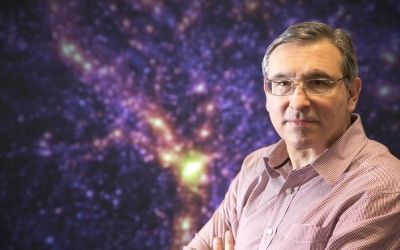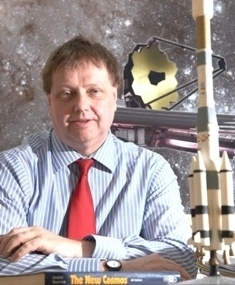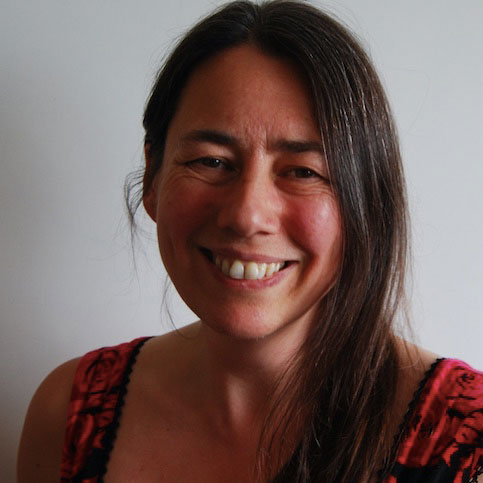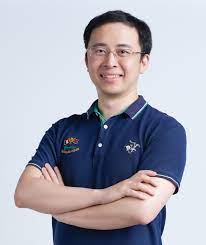Knowledge Across Borders: Black Holes, Galaxies and the Evolution of the Universe
Physics' leading astronomers Profs. Carlos Frenk, Martin Ward and Chris Done along with Dr Chichuan Jin of the National Astronomical Observatory of China will present the third Knowledge Across Borders webinar in a series jointly produced by Durham University and the Chinese Academy of Sciences. This will be held on the 18th May over Zoom. Registration is free.
/prod01/prodbucket01/media/durham-university/departments-/physics/research/CarlosFrenkClarivateResearchthemefeaturednews.jpg)
Prof. Carlos Frenk
You can watch recordings of past webinars in the series at https://www.dur.ac.uk/kab-webinars/watch/
To register to watch this event please visit https://www.dur.ac.uk/kab-webinars/register/
Speakers

Prof. Carlos Frenk CBE FRS
Ogden Professor of Fundamental Physics at Durham University
Professor Carlos S. Frenk is Director of the Institute for Computational Cosmology, Durham University's world-renowned theoretical cosmology research group. Along with collaborators from all over the world, he builds model universes in state-of-the-art supercomputers, trying to understand how the structures in our Universe evolved from simple beginnings to the complex structures composed of stars and galaxies that we see today.

Prof. Martin Ward
Professor in the Department of Physics and Temple Chevallier Chair of Astronomy
Martin has previously held positions at Cambridge, Oxford and Leicester, before coming to Durham in 2004. He is an observational astrophysicist whose research interests include black holes and quasars. He was a consultant for the European Space Agency and is involved in the next generation Hubble Telescope, project. He is interested in science public outreach, and has been a guest on Patrick Moore’s “The Sky at Night”, and Melvyn Bragg’s “In Our Time”.

Prof. Chris Done
Professor in the Department of Physics and Director of Research
Chris' research interests are in gravitational fields, especially black holes formed from stellar evolution in our Galaxy and the supermassive black holes in the centres of other galaxies which are thought to power the Quasars and Active Galactic Nuclei (AGN). An enormous amount of gravitational potential energy can be released in the form of high energy X-ray radiation where these capture (accrete) any nearby material.

Dr. Chichuan Jin
National Astronomical Observatory of China, Chinese Academy of Sciences
Deputy Chief Designer of the Science Application System, the Einstein Probe Mission


/prod01/prodbucket01/media/durham-university/departments-/physics/teaching-labs/VT2A9034-1998X733.jpeg)